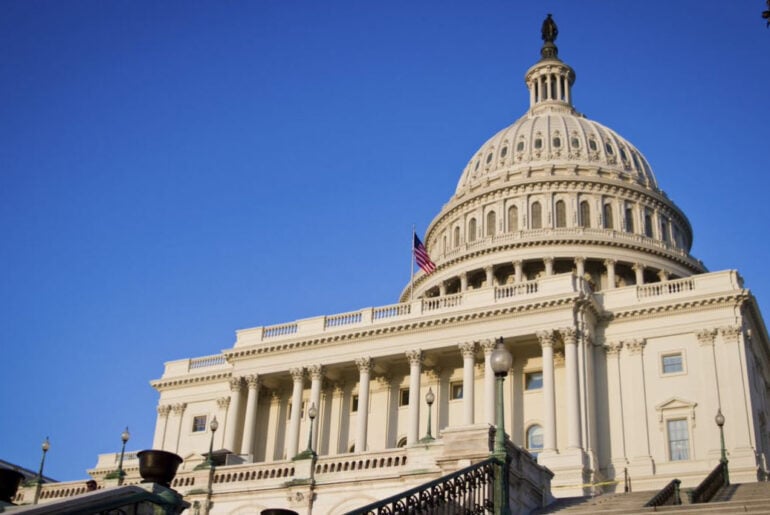In its first criminal no-poach prosecution to result in a penalty against an individual, the US Department of Justice has entered into a pretrial diversion agreement that requires the defendant to complete 180 hours of community service, refrain from any criminal activity or unlawful drug use, and surrender his passport for six months. In exchange, the defendant will not be incarcerated or face further penalties in connection with the underlying no-poach charges. While the penalties are not severe, they constitute the first time that penalties have been assessed against an individual defendant and have important implications for corporate officers, directors, managers, and HR professionals.
On 24 January 2023, the US Food and Drug Administration issued draft guidance on action levels for lead in certain categories of processed foods intended for babies and children under two years of age. These action levels reflect levels of lead at which FDA may regard the food as adulterated within the meaning of section 402(a)(1) of the Federal Food, Drug & Cosmetic Act. FDA will consider these action levels when determining whether to bring an enforcement action.
Baker McKenzie’s Sanctions Blog published the alert titled OFAC Issues Amended Russia-Related General Licenses and Related FAQs on 28 January 2023. Read the article via the link here. Please also visit our Sanctions Blog for the most recent updates.
The Federal Trade Commission has just announced its annual adjustment to the notification thresholds that determine whether proposed transactions may trigger a filing obligation under the Hart-Scott-Rodino Antitrust Improvements Act of 1976, as amended, which will apply to transactions that close on or after 27 February 2023.
Employers have been keeping a close watch for rulemaking and action by the Federal Trade Commission restricting non-competes. The FTC answered the Executive Order’s call with enforcement activities and a proposed rule signaling a considerable effort to prioritize employer-employee non-compete covenants as an area for increased enforcement. In this video, our Labor & Employment, Antitrust & Competition and Trade Secrets lawyers discuss the FTC’s proposed rule and enforcement activity, what it means for employers, and what employers can do now to protect their trade secrets in light of what may be coming from the FTC.
On 5 January 2023, President Biden signed the Protecting American Intellectual Property Act into law. This law seeks to deter the theft of US intellectual property by non-US actors by threatening to impose economic sanctions on those engaged in trade secrets theft. This law adds to existing measures available under US law, such as criminal prosecution, civil lawsuits, and/or designation to a US restricted parties list such as the Entity List (maintained by the US Commerce Department’s Bureau of Industry and Security).
On 17 January 2023, the US Department of Justice issued a revised version of its Criminal Division Corporate Enforcement Policy (CEP). The CEP sets out the Criminal Division’s approach to resolving cases with corporations. In particular, it addresses how the Criminal Division will credit companies which voluntarily disclose criminal conduct and cooperate during the investigation and resolution of the matter.
On 9 December 2022, Treasury and the IRS published final regulations relating to the centralized partnership audit regime. These “2022 Partnership Audit Regulations” generally follow the framework in the proposed regulations on the topic issued on 24 November 2020. Most notably, the 2022 Partnership Audit Regulations provide further guidance and clarification on certain partnership-related items that may be excepted from the centralized partnership audit regime and alternative rules that may apply to such excepted items.
On 23 December 2022, President Biden signed into law the National Defense Authorization Act for Fiscal Year 2023. Section 5949 of the FY2023 NDAA would prohibit executive agencies from procuring or contracting with entities to obtain any electronic parts, products, or services that include covered semiconductor products or services from certain Chinese companies. The semiconductor prohibitions will not take effect until five years after the date of enactment, and the Federal Acquisition Regulatory Council will issue regulations implementing the prohibitions no later than three years from the enactment date.
On 17 January 2023, the US Department of Justice (DOJ or the “Department”) issued a revised version of its Corporate Enforcement Policy (CEP). The CEP sets out the Department’s approach to resolving criminal cases with corporations. In particular, it addresses how the Department will credit companies which voluntarily disclose criminal conduct and cooperate with the Department’s investigation and resolution of the matter. The latest revisions to the CEP are an evolution of existing Department policy and practice. They add additional nuance (and complexity) to the CEP, as well as potentially more significant benefits to companies considering how best to approach disclosure and engagement with the Department on criminal matters.



